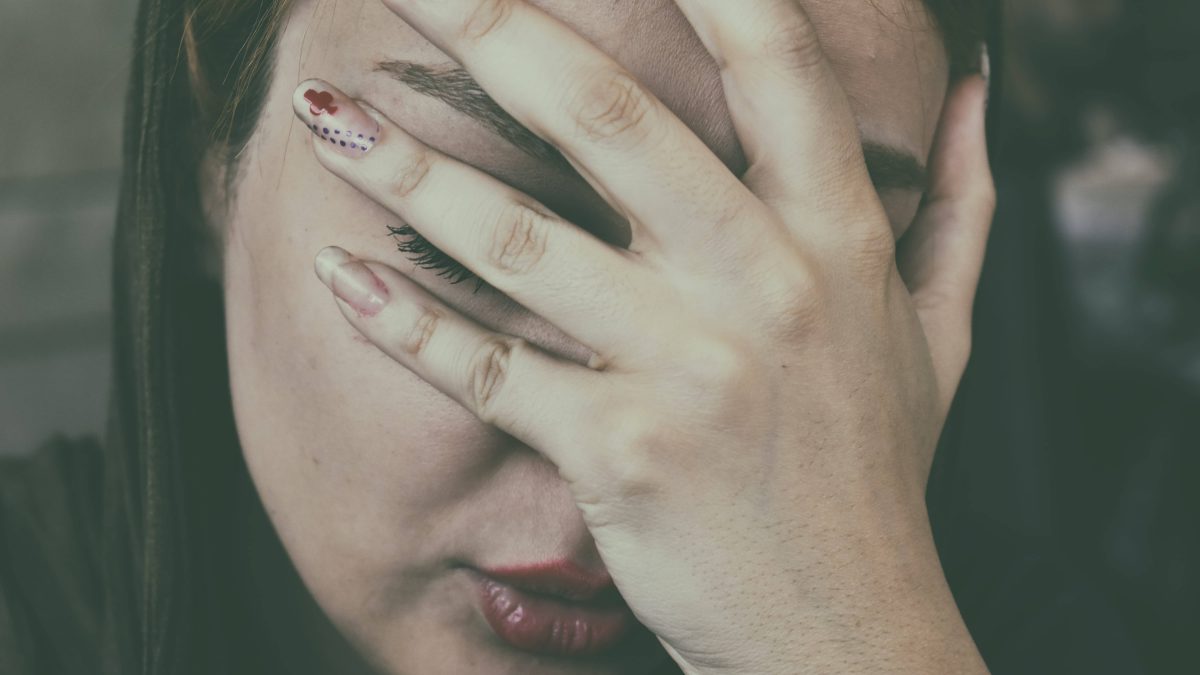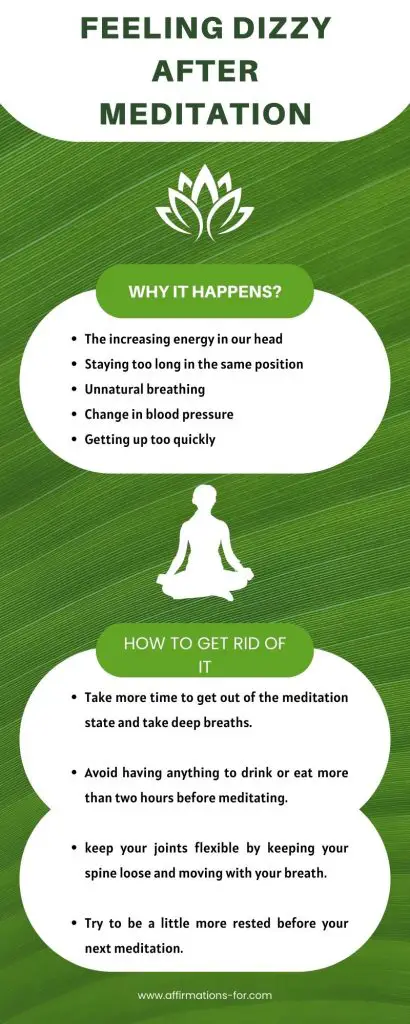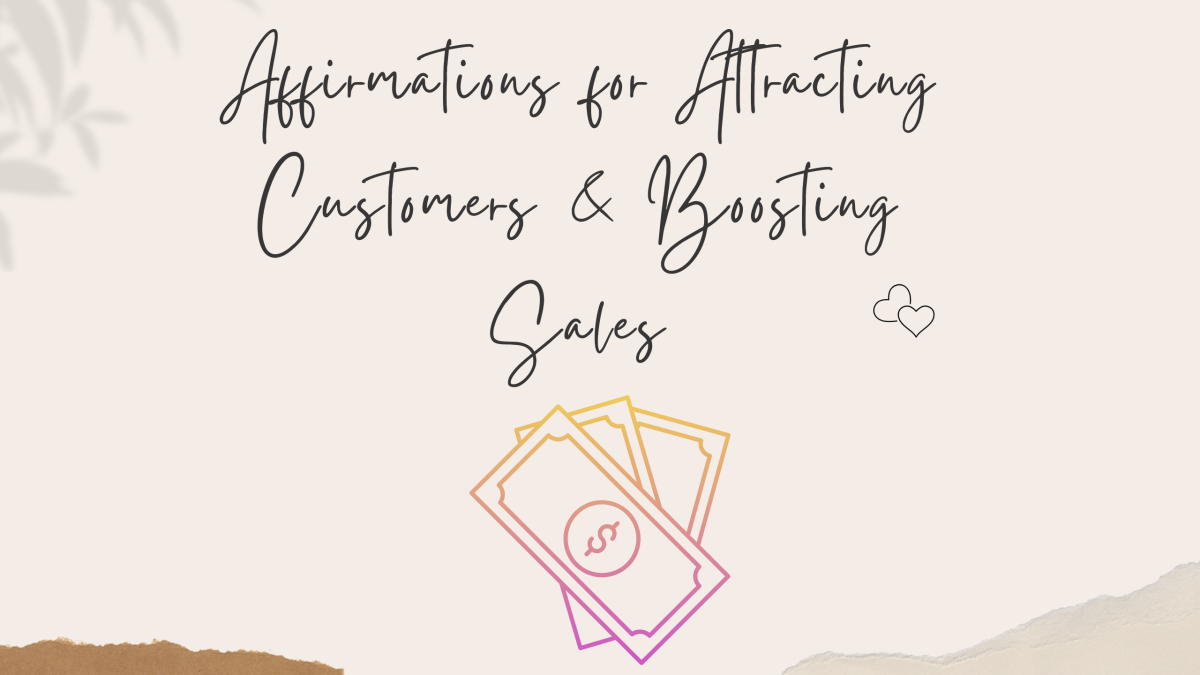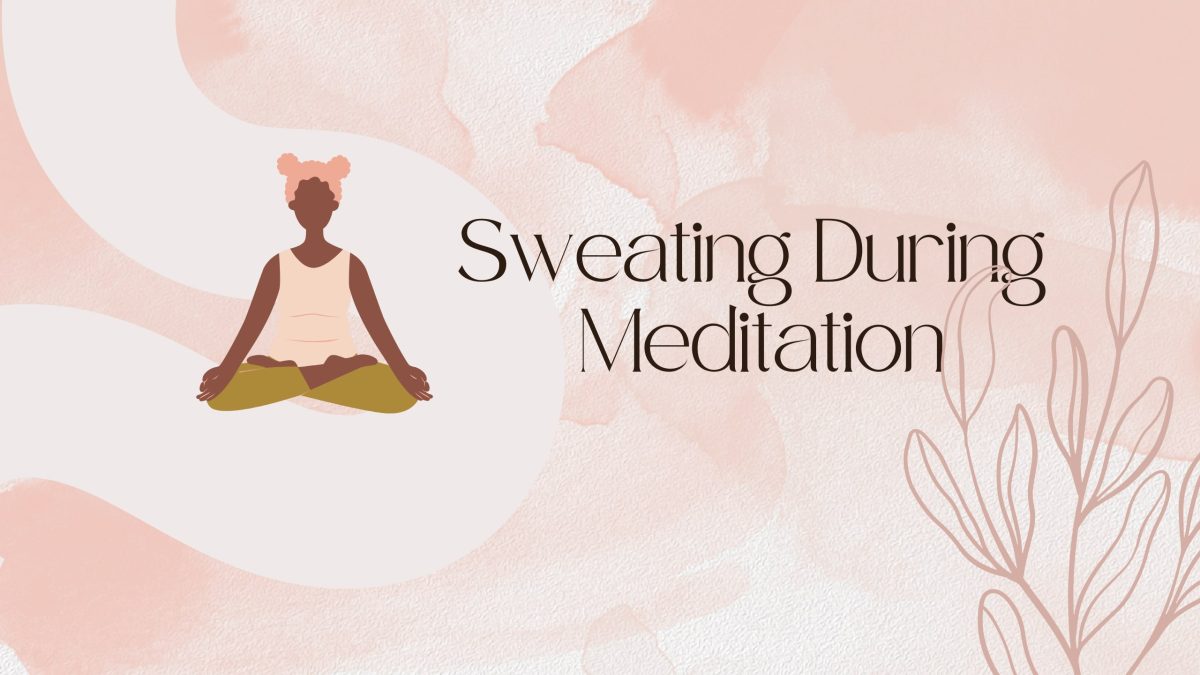
Feeling Dizzy After Meditation – How to Solve it
If you have friends or family who practice meditation, you may have heard of certain uncomfortable feelings and sensations related to this practice. At every meditation retreat and on dozens of internet forums, you can find people who feel dizzy during meditation.
First of all, rest assured, it is perfectly normal to feel dizzy or feel your head spinning during or after meditation.
In this article we will explain what causes this phenomenon and what you can do to avoid it.
Why do I feel dizzy after meditating?
There are 5 main causes why people may feel dizzy after meditation. These are more common than you think and fortunately, they are very easy to fix.
- The energy in our head – When a person meditates deeply, a significant amount of energy builds up in the head. To get used to the high energy produced in the body, beginners should begin with shorter deep meditation sessions. Do not expose yourself to more energy than your body can handle. Don’t forget that during a deep meditation, you are exchanging energy with mother Earth and receiving energy from the universe through your crown chakra.
- Staying too long in the same position – Sitting in one position without moving for a long time can also make you feel dizzy. The body is not used to holding one position for long periods of time. It also happens when you get up too quickly after meditating.
- Unnatural breathing – Since focusing on breathing is one of the main meditation tips we often hear, many people tend to breathe unnaturally. They tend to lengthen their exhalations too much, inhale more deeply than they are used to and hold their breath for several seconds. Don’t get me wrong, deep breathing is very important, but doing it too intensely and for too long can cause feelings of dizziness and headaches.
- Blood pressure – Meditation dizziness nausea might also be caused by the small change in blood pressure during meditation and deep breathing practices.
- Getting up too quickly – Getting up quickly after coming out of a deep state of meditation can make many people dizzy. In the same way that you take a few minutes before getting out of bed when you wake up in the morning, take some time to feel your body, come back to the here and now and get up slowly.
You produce energy while meditating
When you meditate, your body enters a state of deep relaxation. This allows your cells to release tension and open up to receive more oxygen and nutrients. As a result, your body produces more energy.
In addition to producing more energy, meditation also helps to improve your mood and focus. When you feel good, you are more likely to be productive and efficient. By meditating regularly, you can increase your overall well-being and quality of life.
Your body is more susceptible to absorb the vital energy of other beings around you (plants, animals, people), so your levels of Chi energy (also called Ki or Prana) will increase even if you don’t realize it. Because of this, it is normal to have certain sensations in the head, since your body is handling more energy.
Meditating facing north during the morning can help you increase your energy to help you throughout the day. Learn more about facing the best direction during meditation.

What are other signs of deep meditation?
Heaviness in head after meditation
The heaviness in your head after meditation is likely due to the increased blood flow and pressure in your head. This is perfectly normal and is nothing to worry about. The increased blood flow and pressure is a result of the deep breathing and relaxation techniques used during meditation. It is important to drink plenty of water after meditation to help reduce the heaviness in your head.
Feeling confused
The first few times you enter an extremely deep state of mind, where you feel disconnected from the body, it is normal to feel confused or even lost when you come out of meditation. This usually happens when you are not ready to fully return to the here and now and are abruptly interrupted.
If this has happened to you, you can be convinced that you have reached a state of deep meditation and relaxation that few people have ever experienced. During these deep states of mind, it is easier to reprogram your mind by doing affirmations to increase your confidence, get rid of the habit of creating negative scenarios in your head or any other goal you have.
Falling asleep
Many people think that if they fall asleep during the meditation period, then it was a failure. On the contrary, it means that you managed to relax, calm your mind and go into a deep state of mind. However, with practice you will learn to stay awake even in such a relaxing and deep state.

Is it normal to feel sick after meditation?
It’s normal to feel a little sick after meditation. You may feel dizzy or lightheaded, or even queasy. It’s usually nothing to worry about and is simply your body’s reaction to the changes in your breathing and heart rate. If you’re feeling really sick, though, it’s best to stop meditating and see a doctor.
How to get rid of these sensations?
Now that we have talked about the possible causes of unpleasant feelings during or after meditation, let’s talk about how to solve it.
- Take more time to get out of the meditation state and take deep breaths. Getting out of meditation is like waking up from sleep, since the meditative state of mind is similar to sleep.
- You might also feel dizzy after meditation if you’ve eaten a heavy meal or drunk too much caffeine earlier in the day. Avoid having anything to drink or eat more than two hours before meditating.
- If you’re sitting cross-legged on a chair, keep your joints flexible by keeping your spine loose and moving with your breath.
- If none of the above works for you, try to be a little more rested before your next meditation. The feeling of dizziness may simply mean that your body is tired.
We hope these tips can help you get rid of any unpleasant feelings during your meditation practices. The most important thing is to make variations in your routine to find out what was the cause of your dizziness. Also, see your doctor if these sensations persist.
Leave us a comment if you have other tips to combat the feeling of dizziness during meditation.

Affirmations for Bliss is a blog about positive affirmations, meditation and yoga. It’s a place where you can find everything you need to live a happier life. The blog is updated with new articles weekly so you can find inspiration when you need it.



